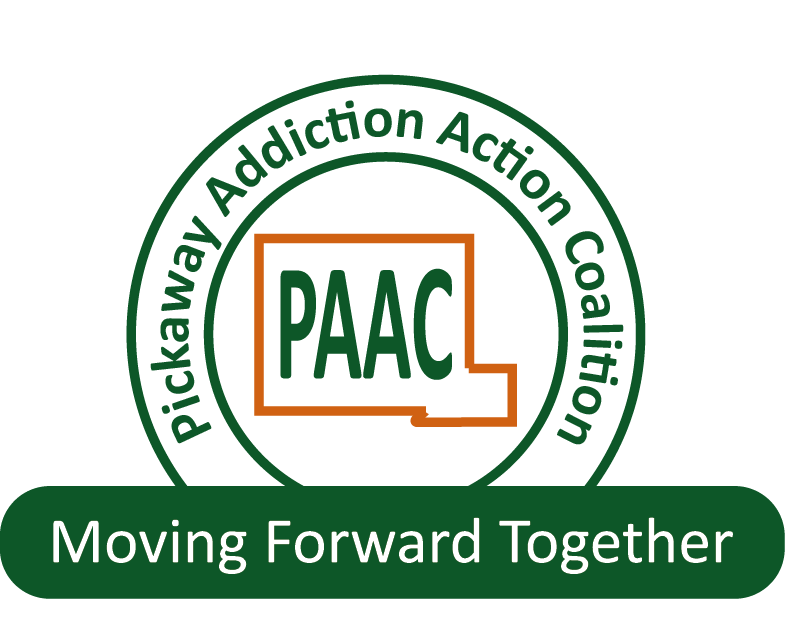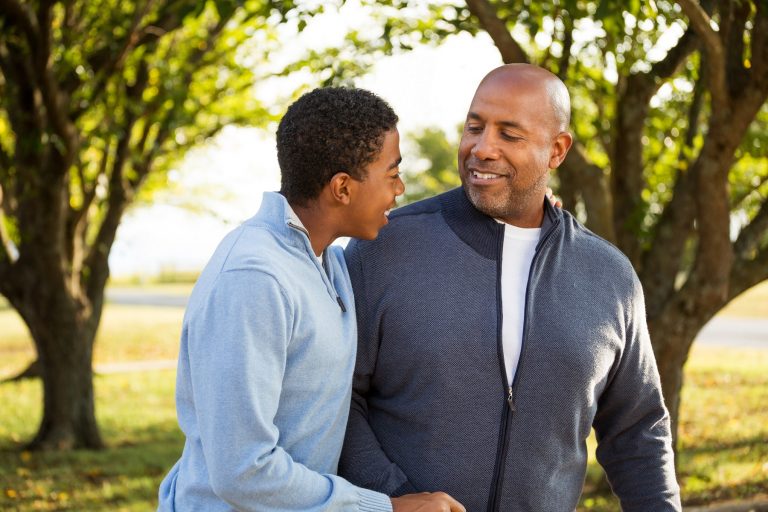Know! to Promote Healthy Friendships for All Ages
Healthy friendships make a big difference in a young person’s life. They help kids and teens build social skills, encourage positive choices, and even boost motivation in school and activities they enjoy. At the heart of every strong friendship is mutual trust, honesty, and respect.
As caring adults, we have a big influence on how young people learn to form and keep these kinds of friendships. In fact, a child’s first lessons about friendship usually start through their relationships with parents, siblings, and family members. By having meaningful conversations, you can help young people build friendships that support and uplift them at any age.
For Early Ages (1-5)
Help Them Name Emotions
Young children feel emotions deeply, but they don’t always have the words to explain what’s going on inside. Learning to express feelings in safe and healthy ways is one of the first steps to building strong friendships. You can support this by helping your child notice how emotions show up in their body and giving them words to describe those feelings. When your child is having big emotions, the best thing to do is stay calm, give them space, and gently guide them with your words. This helps them communicate better and learn that feelings are normal and manageable.
TALKING TIP – Create space for your child to process their feelings. You might say, “I can tell you’re upset because your friend couldn’t play today. When you’re ready, we can talk about what else we can do together.”
Notice Their Social Style
Even at a young age, children start to show their own unique way of connecting with others. Paying attention to your child’s social style helps you understand how to best support them. Is your child outgoing and eager to play with everyone? They may need gentle reminders about respecting boundaries and giving friends space. Is your child more reserved? They may benefit from encouragement and guidance on how to start a conversation or join in a game. By noticing
and nurturing their style, you’re helping them build the confidence and skills they need to form positive friendships.
TALKING TIP – Roleplay social interactions to help your child practice skills like respecting space and asking someone to play. Practicing without pressure will help them feel more confident with kids their age.
For Elementary Ages (6-12)
Help them Resolve Conflicts
Kids this age are still learning how to handle disagreements. When conflicts arise, let your child know that it’s normal for friends to hurt each other’s feelings sometimes, but healthy friendships can often be repaired with a sincere apology and forgiveness. Emphasize that good friendships are worth the effort. At the same time, remind them that not every friendship needs to be saved, especially if a friend’s behavior is hurtful or harmful, such as bullying.
TALKING TIP – Share your own experiences. Talk about a time in your life when you felt upset with a friend, how you worked it out, and what you learned about forgiveness.
Build Empathy Skills
When your child feels disappointed by a friend, it’s a chance to practice empathy. Encourage them to name their own feelings and think about what their friend might be experiencing, too. Remind them that considering both perspectives before reacting can strengthen friendships.
TALKING TIP – Ask simple, open questions like, “How are you feeling about what happened with ____?” If they struggle to put words to their emotions, tools like the feelings wheel may help.
For Teens (13-18)
Plan for Peer Pressure
Peer pressure becomes stronger in the teen years, and it can sometimes challenge even healthy friendships. Make space for honest conversations about the pressures they face and remind them that it’s okay to say no. Help them think of strategies, like reaching out to a trusted adult, choosing friends who share their values, and planning ways to step out of uncomfortable situations.
TALKING TIP – Work with your teen to come up with a phrase or excuse they can use to remove themselves from peer pressure. You might also create a secret text signal they can send you when they need your help.
Watch for Social Isolation
Some teens may withdraw from friendships or avoid social interaction altogether. If you notice your teen pulling away, check in gently. Isolation can affect mental health, so it’s important to keep an open line of communication and, if needed, seek support from a teacher, counselor, or another trusted adult.
TALKING TIP – Use open, non-judgmental questions to get the conversation started. Try, “I’ve noticed you haven’t mentioned your friends much lately. What’s going on with them?”
Resources









